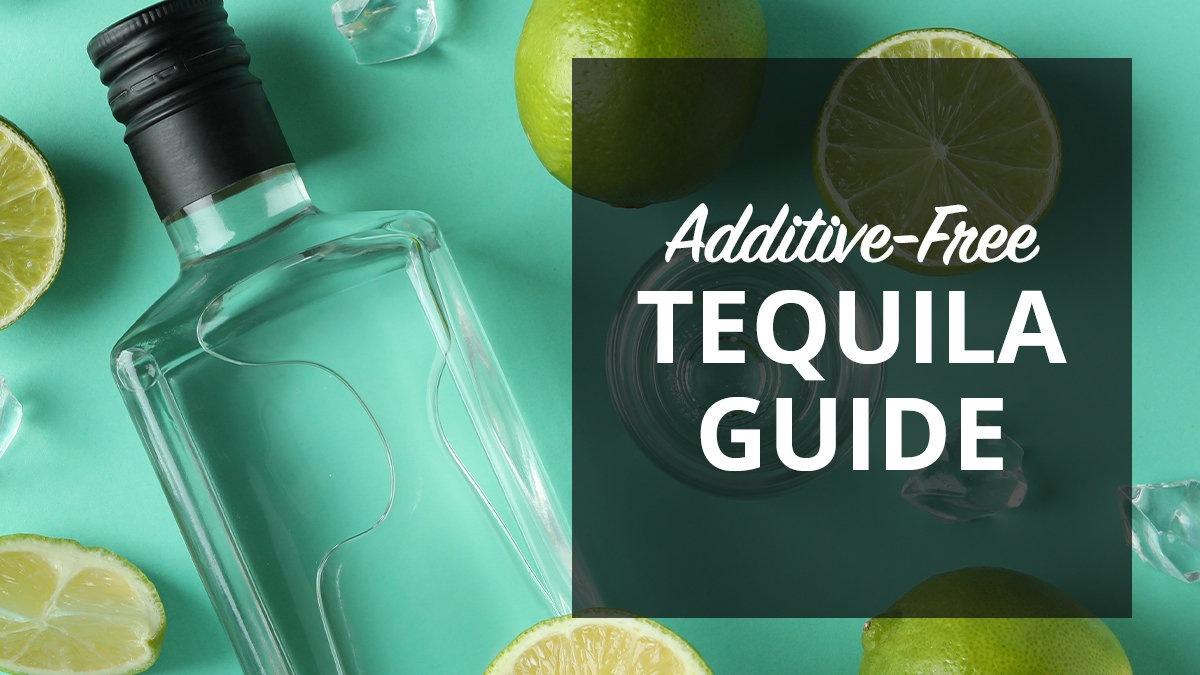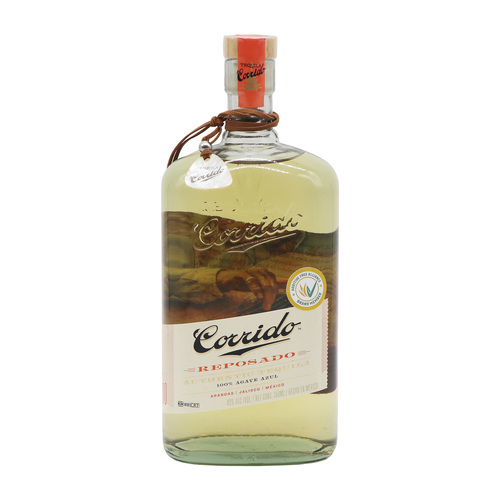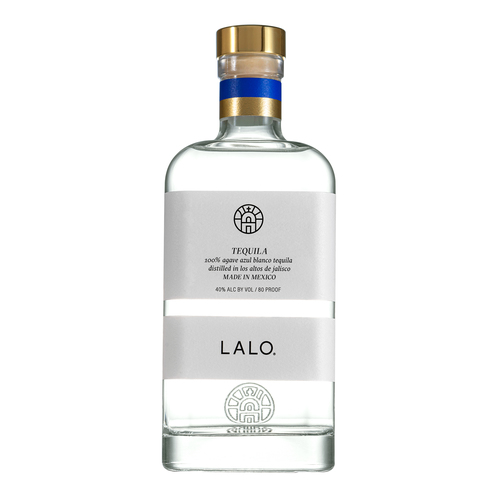
Tequila has been captivating the world with its unique flavors and rich history for centuries. While some might enjoy sipping it straight, others prefer it in cocktails. Regardless of how you prefer to enjoy your tequila, it’s essential to understand the role of additives in tequila production. In today’s blog, we’ll explore the world of additive-free tequila, diving deep into the key components and practices that can impact the flavor and quality of this beloved Mexican spirit.
Where Did Tequila Originate From?
To appreciate tequila, it’s important to understand its origin. Tequila is distilled from the blue agave plant, which grows predominantly in the Tequila region of Mexico. This region’s terroir, with its volcanic soil and unique climate, influences the taste and quality of the final product. The primary goal of tequila production is to capture the pure essence of the remarkable plant.

What are the Types of Tequila?
There are four main categories:
- Blanco Tequila (Silver): Unaged and clear, with a robust agave flavor.
- Reposado Tequila: Aged at least two months, but less than a year, resulting in a smoother taste.
- Añejo Tequila: Aged for one to three years, showcasing complexity and depth.
- Extra Añejo Tequila: Aged for over three years, offering a luxurious, velvety experience.
Each type has its unique flavor profile, of course, which can be influenced by the use of additives during the production process.

How is Tequila Produced?
To appreciate the role of additives, one must grasp the tequila production process. It consists of several key steps:
- Harvesting: Agave plants are harvested, trimmed, and stripped to obtain the piña (the heart of the plant).
- Cooking: The piñas are baked or steamed, converting starches into fermentable sugars.
- Fermentation: Yeast is added to the cooked agave which ferments the sugars into alcohol.
- Distillation: The fermented juice is distilled to create high-proof tequila.
- Aging (if applicable): Tequila is aged in various types of barrels, such as oak, which imparts flavors and colors.
It’s in the details of these processes that additives can play a significant role.

What are Common Additives Found in Tequila?
Additives, while not inherently bad, can sometimes detract from the purity of tequila.
- Caramel coloring: Some tequila producers add caramel coloring to alter the appearance of their tequila. This practice is generally seen as misleading, as it may suggest aging or quality that is not present.
- Glycerin: Glycerin is sometimes added to enhance mouthfeel and texture. However, it can mask the natural flavors of the agave.
- Sugars and syrups: Extra sugars and syrups can be used to sweeten and soften the tequila, but they can also obscure the agave’s true essence.
- Oak extracts: To mimic the effects of aging, some producers use oak extracts, which can result in a less genuine and complex flavor.
The use of additives varies from one brand to another and may not always be disclosed on the label. It’s essential for consumers to research and select tequilas that align with their preferences for additives.
Thankfully, if you prefer tequila without additives, we have a few great suggestions, all found at Spec’s!
Our Additive-Free Tequila List
Corrido Tequila
“This balanced beauty is best enjoyed neat but still shines as the main act with any mixer it mingles with. Rested for 30 days for harmonization and always 100 percent additive-free, it’s tequila in its purest form. With every harvest, Tequila Corrido pays homage to the tequila-making traditions and stories behind its evolution. In every bottle, Tequila Corrido captures the attention to detail, commitment to excellence, and pursuit of enjoyment in all aspects of life. The spirit is barrel-aged in its Arandas distillery and available in three flavors, Tequila Corrido Blanco, Tequila Corrido Reposado, and Tequila Corrido Añejo.” (source: https://www.ilovetequilacorrido.com/story)
Campo Azul 1940
“Tequila 1940 has a traditional process where agaves are cooked in masonry ovens for 30 hours of direct steam at lower pressure, slower cooking, 24-hour rest and 18-hour cooling. It has a slow natural fermentation, with a unique yeast exclusive to Casa Campo Azul and a slow distillation in stainless steel stills with a copper interior.” (source: https://www.tequilamatchmaker.com/tequilas/7266-campo-azul-1940-blanco)
Lalo Tequila
Each bottle of LALO is 100% pure. It is distilled only twice to maintain the integrity of the agave, and add no flavors or additives. With LALO, the clean three ingredients are agave, yeast and water to honor the complex essence of agave.
Wild Common Reposado
“Wild Common tequila reposado is lightly aged in used American bourbon barrels. This resting process yields notes of cooked agave, fresh roasted pecans, and raw honey. Building off the incredible foundation of the tequila blanco, master distiller Salvador Rosales Trejo – aka “Chava”, has shown finesse and mastery in balancing these complex aromas and flavors.” (source: https://wildcommon.com/products/tequila-reposado)
In the world of tequila, understanding additives is key to appreciating the true essence of this Mexican treasure. Whether you opt for tequila with minimal additives or prefer a more manipulated flavor, it’s all about personal preference. The most important thing is to savor the unique and diverse offerings tequila has to provide. So, raise your glass and toast to the remarkable world of additive-free tequila, where every sip tells a story of tradition, craftsmanship, and flavor. Salud!
Still crazy about tequila? Read: The Best Sipping Tequilas








